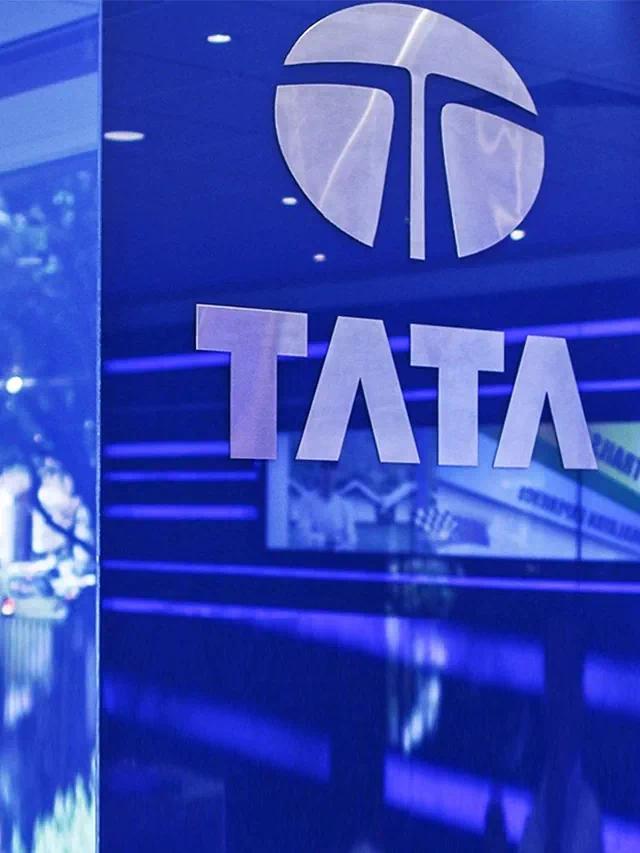As the startup ecosystem in India continues to grow, many startups have been able to successfully scale their operations and generate profits. However, there are also several startups that continue to operate at a loss, despite raising significant funding from investors. In this article, we will take a look at some of the prominent startups in India that are currently operating at a loss.
OYO Rooms
OYO Rooms is a hospitality startup that provides budget hotel rooms across India and other countries. The startup has been one of the biggest success stories in the Indian startup ecosystem, with a valuation of $10 billion at its peak. However, OYO has been operating at a loss for several years, with losses amounting to $335 million in the financial year 2020. The pandemic has also hit the hospitality industry hard, further exacerbating OYO’s financial struggles.
Swiggy
Swiggy is a food delivery startup that operates in several cities across India. The startup has been able to capture a significant market share in the highly competitive food delivery space, with a valuation of $5.5 billion. However, Swiggy has also been operating at a loss, with losses amounting to $161 million in the financial year 2020. The pandemic has led to a surge in demand for food delivery services, but also increased operational costs for Swiggy.
Paytm
Paytm is a fintech startup that provides digital payments and financial services to consumers and merchants. The startup has a valuation of $16 billion and has been able to capture a significant market share in the Indian digital payments space. However, Paytm has also been operating at a loss, with losses amounting to $549 million in the financial year 2020. Paytm has been investing heavily in expanding its product offerings and acquiring new customers, which has led to increased expenses.
Zomato
Zomato is a food delivery and restaurant discovery startup that operates in several countries across the world. The startup has a valuation of $5.4 billion and has been able to capture a significant market share in the highly competitive food delivery space. However, Zomato has also been operating at a loss, with losses amounting to $294 million in the financial year 2020. The pandemic has led to a surge in demand for food delivery services, but also increased operational costs for Zomato.
Byju’s
Byju’s is an edtech startup that provides online courses and coaching for various competitive exams in India. The startup has a valuation of $16.5 billion and has been able to capture a significant market share in the Indian edtech space. However, Byju’s has also been operating at a loss, with losses amounting to $54 million in the financial year 2020. Byju’s has been investing heavily in expanding its product offerings and acquiring new customers, which has led to increased expenses.
Flipkart
Flipkart is an e-commerce startup that operates in India and is now owned by Walmart. The startup has been able to capture a significant market share in the highly competitive Indian e-commerce space. However, Flipkart has also been operating at a loss, with losses amounting to $2 billion in the financial year 2020. The startup has been investing heavily in expanding its product offerings, acquiring new customers, and competing with Amazon in India.
Ola
Ola is a ride-hailing startup that operates in several cities across India and other countries. The startup has been one of the biggest success stories in the Indian startup ecosystem, with a valuation of $6.5 billion at its peak. However, Ola has also been operating at a loss, with losses amounting to $426 million in the financial year 2020. The pandemic has led to a decline in demand for ride-hailing services, further exacerbating Ola’s financial struggles.
Grofers
Grofers is an online grocery delivery startup that operates in several cities across India. The startup has been able to capture a significant market share in the highly competitive grocery delivery space. However, Grofers has also been operating at a loss, with losses amounting to $50 million in the financial year 2020. The pandemic has led to a surge in demand for online grocery delivery services, but also increased operational costs for Grofers.
BigBasket
BigBasket is another online grocery delivery startup that operates in several cities across India. The startup has been able to capture a significant market share in the highly competitive grocery delivery space, with a valuation of $2 billion. However, BigBasket has also been operating at a loss, with losses amounting to $100 million in the financial year 2020. The pandemic has led to a surge in demand for online grocery delivery services, but also increased operational costs for BigBasket.
CureFit
CureFit is a health and fitness startup that provides a range of services, including fitness classes, healthy meals, and mental health counseling. The startup has a valuation of $1 billion and has been able to capture a significant market share in the Indian health and wellness space. However, CureFit has also been operating at a loss, with losses amounting to $74 million in the financial year 2020. The startup has been investing heavily in expanding its product offerings and acquiring new customers, which has led to increased expenses.
In conclusion, operating at a loss is a common phenomenon for startups, especially those in highly competitive and rapidly evolving markets. While some of these startups have been able to generate significant revenues and capture market share, they have also been unable to achieve profitability due to high operational costs and investments in growth. However, many investors continue to bet on these startups, believing in their long-term potential to disrupt and transform their respective industries.




